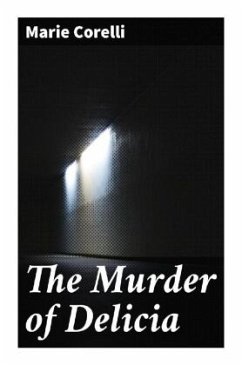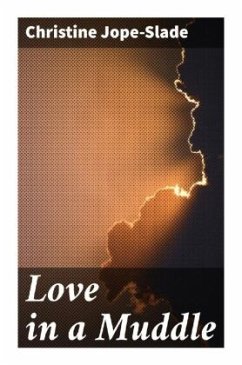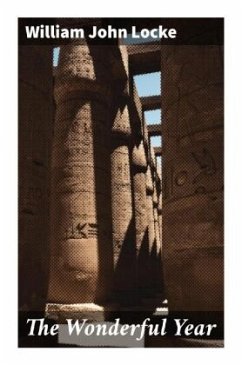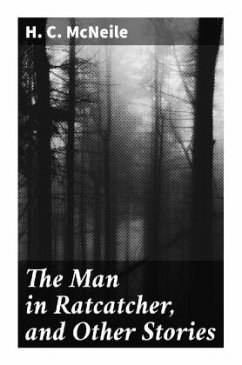
Lucinda
Versandkostenfrei!
Versandfertig in 6-10 Tagen
8,49 €
inkl. MwSt.

PAYBACK Punkte
4 °P sammeln!
In "Lucinda," Anthony Hope crafts a compelling narrative that weaves adventure, romance, and moral dilemmas into its intricate plot. Set against the backdrop of 19th-century European society, the story follows the tumultuous journey of its titular character as she grapples with the expectations placed upon her by lineage and love. Hope employs a vivid literary style characterized by rich imagery and sharp dialogue, drawing readers into a world where personal desires clash with societal norms. The novel's exploration of themes such as identity and autonomy resonates with the literary context of...
In "Lucinda," Anthony Hope crafts a compelling narrative that weaves adventure, romance, and moral dilemmas into its intricate plot. Set against the backdrop of 19th-century European society, the story follows the tumultuous journey of its titular character as she grapples with the expectations placed upon her by lineage and love. Hope employs a vivid literary style characterized by rich imagery and sharp dialogue, drawing readers into a world where personal desires clash with societal norms. The novel's exploration of themes such as identity and autonomy resonates with the literary context of the period, reflecting the shifts toward individualism and emotional expression prevalent in Victorian literature. Anthony Hope, best known for his adventure novel "The Prisoner of Zenda," showcases his versatility as an author in "Lucinda." Hope's background in law and his experiences in London's vibrant literary circles provided him with a unique perspective on social conventions and personal freedom, which infuse the narrative with authenticity and depth. His keen understanding of human nature and relationships shines through, allowing readers to connect with the emotional struggles faced by the characters. For readers seeking an engaging tale filled with thoughtful character development and dramatic twists, "Lucinda" comes highly recommended. Hope's ability to balance humor and seriousness provides a rich reading experience, making it a valuable addition to the canon of 19th-century literature that continues to resonate with contemporary audiences.












